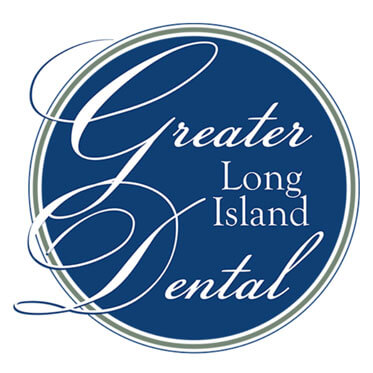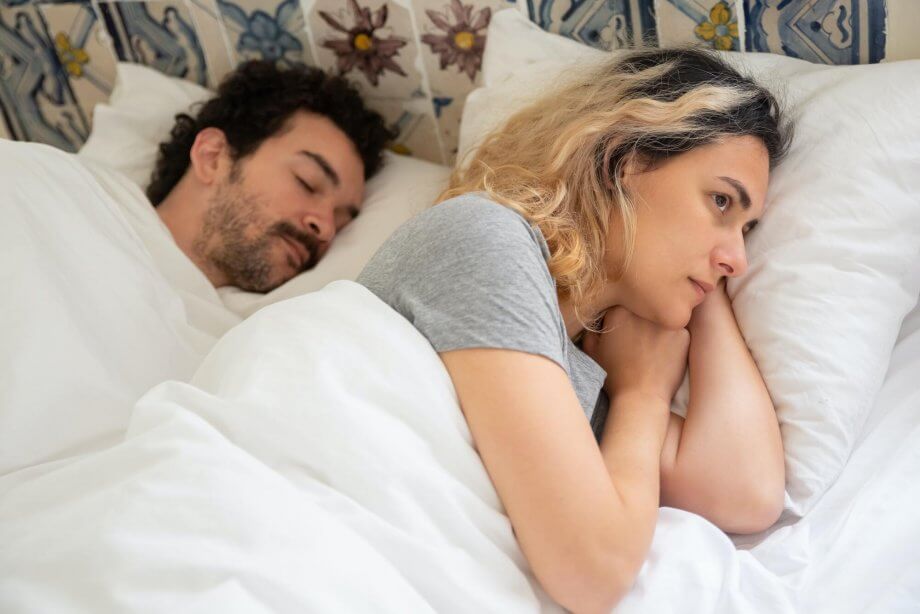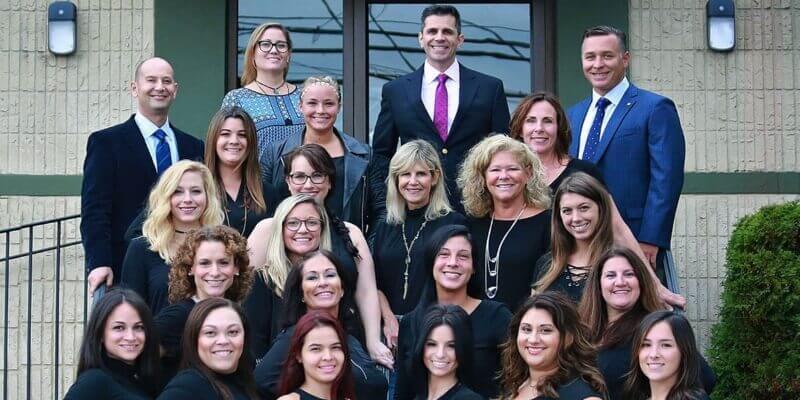Are you always tired even though you think you’re getting enough sleep? Is your partner complaining about your loud snoring? Do you often have to get out of bed to catch your breath at night? If so, you might be one of the around 20 million Americans who have sleep apnea.
We know how frustrating it can be to wake up in the middle of the night with a dry mouth and sore throat. But there’s hope! Some sleep apnea treatments can help improve your quality of life and allow you to get a whole night’s sleep again—no matter how severe your condition is. So keep reading to discover how to overcome sleep apnea and get the restful, rejuvenating sleep you need.
What is sleep apnea?
Sleep apnea is a condition that causes you to stop breathing while you’re asleep. The pauses in breathing can last from a few seconds to minutes. Sleep apnea usually occurs when your airway becomes blocked or stiff.
There are three kinds of sleep apnea, depending on the factors that cause it.
- Obstructive Sleep Apnea
Obstructive sleep apnea (OSA) results when the soft tissue in the back of the throat collapses, closing your airway.
- Central Sleep Apnea
Misfiring signals from the brain cause central sleep apnea (CSA). This is because your muscles don’t receive the sign to breathe.
- Complex Sleep Apnea
Sleep apnea with both obstructive and central causes
What are the symptoms of sleep apnea?
The main symptom of sleep apnea is snoring. Snoring happens when the soft tissue in your throat blocks the airway and makes noise as you breathe in and out. Not everyone who snores has obstructive sleep apnea, but most people who have sleep apnea snore. If someone witnesses you waking up repeatedly at night or if you have chronic snoring that is loud enough to wake a bed partner, seek help.
Other common symptoms to look for include:
- Sleepiness during the day
- Trouble breathing or wakefulness at night
- Daytime sleepiness (you feel sleepy even though it’s daytime)
- Night sweats (sweating while sleeping), which are caused by excess heat generated by an overactive brain
TMJ disorder can be very uncomfortable, but it’s also treatable. If you are experiencing any symptoms of TMJ disorder, book an appointment with one of our dentists right away!
Am I at risk of suffering from sleep apnea?
Risk factors for sleep apnea include:
- Sleeping on your back. People who sleep on their backs may be at higher risk of developing sleep apnea, as the airway is more likely to collapse when you’re lying flat.
- Being male. 60-75% of sleep apnea sufferers are male. However, women may be at greater risk of living with undiagnosed sleep apnea.
- Obesity can increase your risk of obstructive sleep apnea. A lot of weight can put pressure on the neck and throat, making it difficult for you to breathe which can cause your airways to collapse while sleeping. Still, 25% of patients diagnosed with sleep apnea are NOT obese.
- Lifestyle factors, including smoking, drinking, and the use of prescription sedatives also increase your risk.
- Recent research indicates that genetics can influence your risk of sleep apnea, too.
- If left untreated, sleep apnea can result in a growing number of health problems including stroke, heart failure, and diabetes.
The dangers of sleep apnea
Sleep apnea is more serious than you may think.
According to estimates, more than 40,000 fatalities may be caused by sleep apnea annually. This covers incidents when sleep apnea was considered to have contributed, such as when a driver fell asleep behind the wheel.
Even if your sleep apnea is just minor, you still run the risk of problems when taking certain prescription drugs or undergoing surgery. When healing from an injury, even lying on your back might be harmful!
Because of this, it’s crucial to have a good medical diagnosis of sleep apnea and consider any prospective multidisciplinary treatments.
Can I recover from sleep apnea?
The first step in treating sleep apnea is getting diagnosed. Once you have a diagnosis there are several treatment solutions.
CPAP machine
Continuous positive airway pressure (CPAP) is the most common treatment for sleep apnea. It involves wearing a machine that provides you with a steady stream of air. The reason why so many people choose to use this machine is that it’s highly effective as well as cost-effective.
MADs
Mandibular Advancement (MAD) is a device similar to a mouthguard. It works by moving the tongue and lower jaw forward in the patient’s mouth to open up airways while sleeping. Not only do MADs significantly reduce snoring, but unblocking the airway also prevents apneas from occurring during sleep.
Lifestyle changes
Your odds of sleep apnea go up if you have some unhealthy habits ingrained in your routine. By changing some of those habits, you may significantly improve your breathing.
Positional therapy
You can avoid sleeping in positions that block your airways. This may help you breathe more easily. Examine your mattress of choice as well. However, remember that changing your body posture won’t eliminate the underlying reason for your sleep apnea. Additionally, if you have severe symptoms, it could not help much.
Surgery
There’s a surgery that can be used to remove obstructions from the throat or tongue. It involves removing extra tissue from the top of your throat and the back of your mouth. It’s usually only done if you can’t use a CPAP machine or other device and tends to be used as a snoring treatment.
Fixing sleep apnea takes time, but there’s always a solution
We hope that this article has helped you understand the different options for treating sleep apnea and what options are best for your needs. We know it can be overwhelming at times, but remember that your dentist can work with you to appropriately diagnose your condition and come up with a treatment plan that helps you get rid of sleep apnea.
It might take a little time, but once you get started on this journey toward getting the restful, rejuvenating sleep you need, you’ll be glad that you did it.
Looking for a dentist in Massapequa who specializes in sleep apnea? At Greater Long Island Dental, we are happy to help you sleep better. Call us at (516) 798-4223 or book an appointment online.


